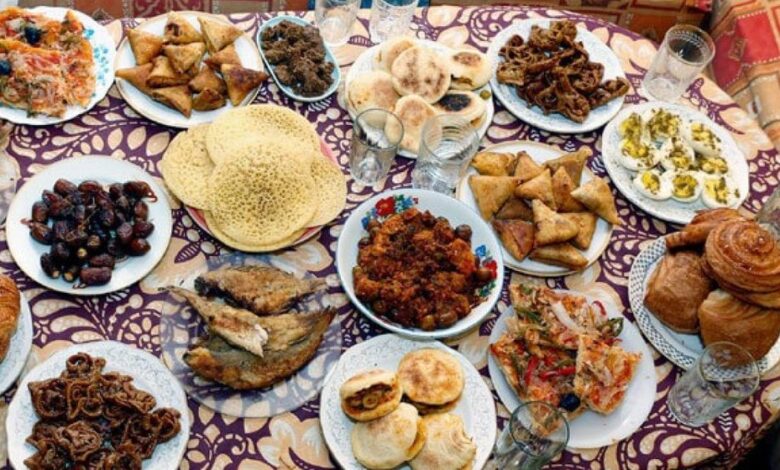
In the days leading up to the sacred month of Ramadan, households bustled with preparations. Mothers meticulously stocked up on groceries for the entire month, aiming to minimize outings during Ramadan to focus on worship. Every detail was attended to in anticipation of the holy month, from crafting various chutneys to preparing ginger-garlic pastes and neatly cutting onions and tomatoes for easy use.
Simultaneously, a thorough house cleaning ensued, with family members joyfully pitching in as Ramadan approached. Everyone was assigned tasks, from washing dishes to setting the table, reflecting a sense of shared responsibility in welcoming Ramadan. Despite my aversion to dishwashing, I obediently followed my mother's directives.
Also Read: Final Candidates List Released for KP Senate Election
While mothers embraced Ramadan with traditional zeal, the younger members of the household had their plans. Some eagerly awaited Ramadan-themed television serials and special shows, while others anticipated late-night gatherings with games like ludo, carrom, and cards. Plans even extended to watching Pakistani films post-Iftar, balancing entertainment with fasting obligations.
In many households, the youth's Ramadan routine involved daytime fasting followed by nighttime activities, leading to exhaustion by Taraweeh prayers. Despite the spiritual significance of Ramadan, the focus often shifted to leisure activities, leaving little time for self-reflection and worship.
Ramadan is traditionally viewed as a time to strengthen faith through worship and self-examination. However, modern distractions often overshadow this spiritual aspect, highlighting a struggle between traditional observance and contemporary leisure pursuits during the holy month.